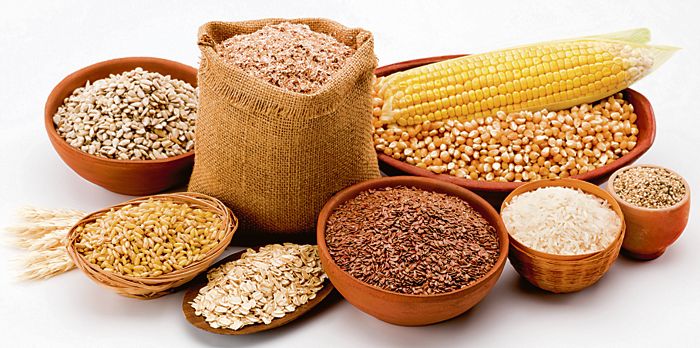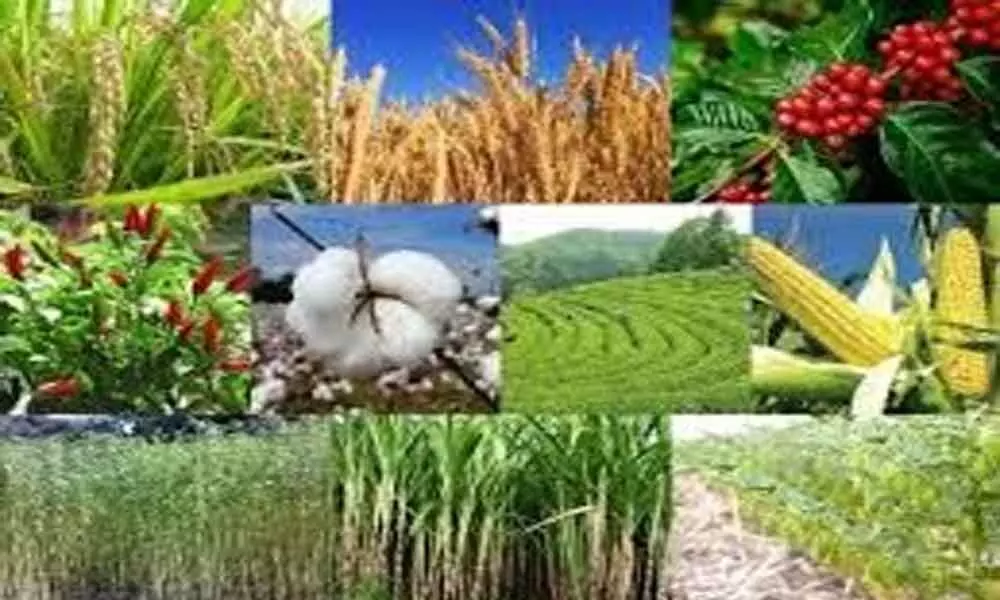
To diversify the range of major crops worldwide, concerted efforts are needed at both international and national levels to prioritize Alternative Crops
Zaheer Udin Babar Junejo
With every passing day, the world’s food systems face significant threats stemming from traditional farming practices, climate change, and the increasing demand for a limited range of edible species. Unfortunately, only a minority are willing to acknowledge and address this reality. Economies like Pakistan, often on the verge of financial collapse and heavily reliant on borrowing, are particularly vulnerable. Despite the vast array of edible plant species on Earth, the global food supply system has become overly reliant on a handful of crops. Alarmingly, humans consume only about 200 of these globally, with maize, wheat, and rice alone providing approximately 60% of our calories and proteins. This concentrated reliance on a small fraction of available edible plants heightens the vulnerability of the global food system to the impacts of climate change, exacerbating the challenge of feeding a growing population and amplifying food insecurity risks.
Another concerning aspect is the rural-urban divide, where urban centers increasingly resemble concrete jungles and depend solely on produce from rural areas. Urban centers in Pakistan are rarely encouraged to utilize available spaces for planting. Recent global crises, such as the COVID-19 pandemic, have starkly illustrated the fragility of our food systems. Lockdown measures and transportation restrictions disrupted the flow of goods, leading to shortages and price spikes in urban areas. These events serve as a wake-up call, emphasizing the urgent need for resilience and diversification in food production and distribution.
Climate change, escalating food demand, and diminishing water and land resources underscore the urgency
In this challenging context, Alternative Crops (ACs) emerge as a critical solution. These are new, innovative, or underutilized crops that can be introduced and cultivated instead of traditional crops in specific geographic regions. As the specter of a global food crisis looms larger and concerns about food security become more acute, especially regarding availability, access, utilization, and stability the promotion and cultivation of Alternative Crops assume paramount importance for ensuring sustainable food systems and meeting the needs of a growing population.
 To diversify the range of major crops worldwide, concerted efforts are needed at both international and national levels to prioritize Alternative Crops. Climate change, escalating food demand, and diminishing water and land resources underscore the urgency of this approach. Currently, the food system is dominated by corporations, and the federal government should take steps to bring academia and practitioners together. By fostering collaboration between these two groups, they can develop solutions to address regional and global food insecurity. To mitigate the risks associated with adopting these crops, cautious strategies, robust research and development, sound policymaking, comprehensive market development plans, and ongoing monitoring and evaluation are indispensable. Many of these alternative crops exhibit promising traits for acclimatization and adaptation to various environments, and exploring their potential for cultivation in low-productivity areas holds significant promise.
To diversify the range of major crops worldwide, concerted efforts are needed at both international and national levels to prioritize Alternative Crops. Climate change, escalating food demand, and diminishing water and land resources underscore the urgency of this approach. Currently, the food system is dominated by corporations, and the federal government should take steps to bring academia and practitioners together. By fostering collaboration between these two groups, they can develop solutions to address regional and global food insecurity. To mitigate the risks associated with adopting these crops, cautious strategies, robust research and development, sound policymaking, comprehensive market development plans, and ongoing monitoring and evaluation are indispensable. Many of these alternative crops exhibit promising traits for acclimatization and adaptation to various environments, and exploring their potential for cultivation in low-productivity areas holds significant promise.
Consumer awareness and demand play a crucial role in driving the adoption of alternative crops. Educating the public about the nutritional value and environmental benefits of diverse foods can foster a cultural shift towards embracing a wider variety of crops in everyday diets. The federal and provincial governments should empower local governments and promote urban food production initiatives carried out by civil Society.
_______________________
 Zaheer Udin Babar Junejo, based in Hyderabad, is a specialist in Institutional Development, MEAL, and Fundraising. linkedin.com/in/zaheer-udin-babar-junejo-0a30a9152
Zaheer Udin Babar Junejo, based in Hyderabad, is a specialist in Institutional Development, MEAL, and Fundraising. linkedin.com/in/zaheer-udin-babar-junejo-0a30a9152